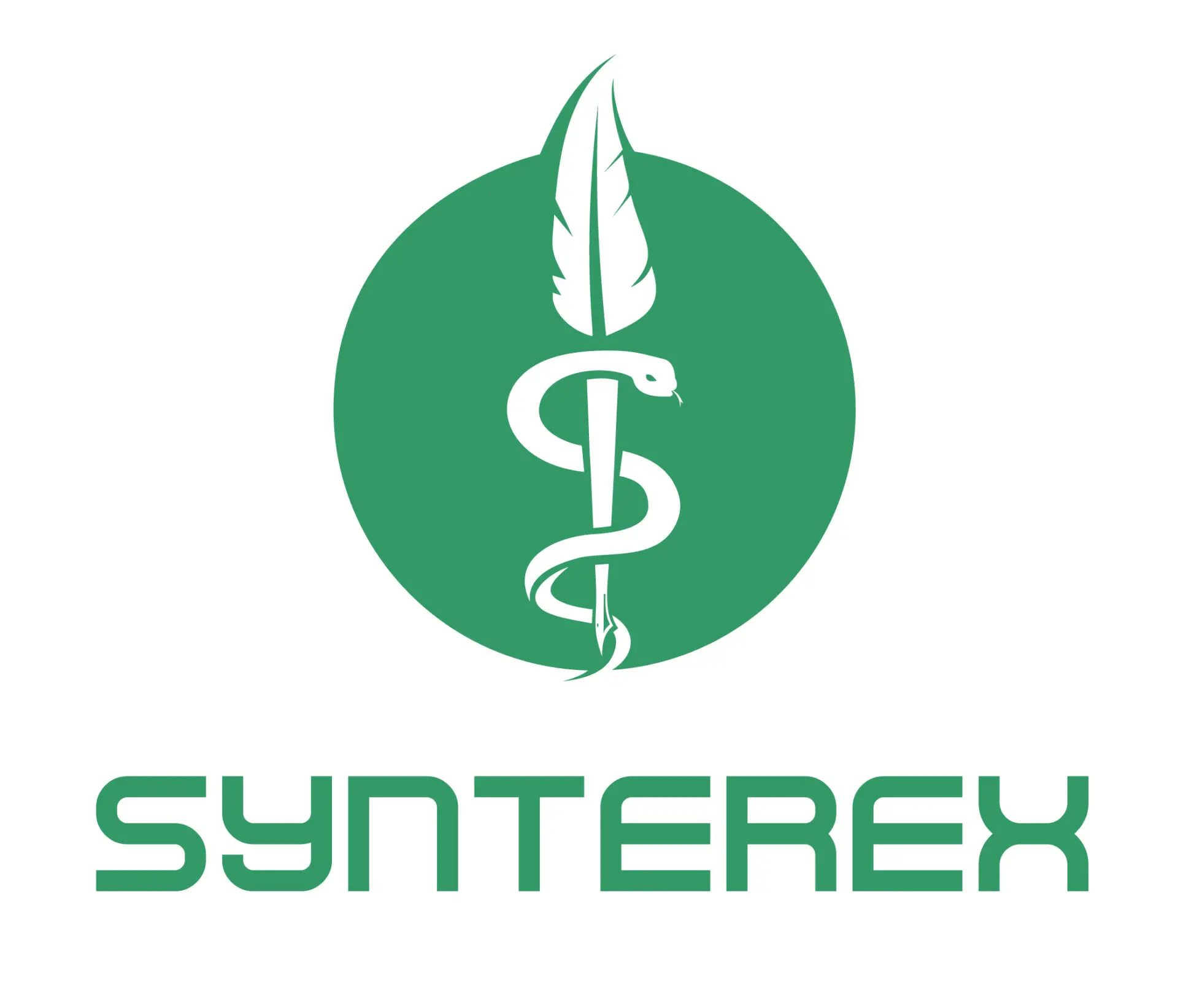Alex Olinger
In today’s ever-evolving work environment, shaped by the aftermath of the COVID-19 pandemic, the once-standard 9-to-5 office routine is rapidly becoming obsolete. This shift is ushering in the era of remote work, with various professions embracing change seamlessly. Among them, medical writing stands out as particularly well suited to adapting to this new way of…
Read MoreEstablishing early alignment with the FDA on the rolling submission approach is pivotal to your success. Before you initiate any submission activities, ensure you have secured the FDA’s agreement on both the timing and the scope of your rolling submission. This early communication ensures that there are no surprises later and allows both you and…
Read MoreFor a drug to get on the market in the United States, it must go through a rigorous review by FDA’s Center for Drug Evaluation and Research (CDER) (or, in some cases, the Center for Biologics Evaluation and Research [CBER]). Drugs are tested in preclinical and then in clinical settings to assess safety and efficacy.…
Read MoreManaging information requests from health authorities such as the FDA is a critical aspect of regulatory compliance for pharmaceutical companies. These interactions can directly affect the pace of your product’s approval process. To succeed, it’s important to follow best practices that focus on clarity, accuracy, and efficient project management. A key component to success is…
Read MoreWhat is a Biosimilar? In the scientific realm, biosimilars, akin to their reference products, are biologic medications. Approval for biosimilars hinges on demonstrating no clinically significant differences in safety and efficacy compared to the reference products. Picture them as biological siblings, crafted from the same sources as live cells or microbes, ensuring the same safety…
Read MoreStep into the dynamic world of medical writing at Synterex and discover a day in the life of our talented medical writer, Cheryl Kolus. How did you become interested in medical writing, and what led you to pursue it as a career? I have both a medical background (veterinarian) and a writing/editing background (including…
Read MoreWhen preparing regulatory submissions, especially in fields like oncology, it’s crucial to focus on the end goal—the drug’s label or Summary of Product Characteristics (SmPC). These documents aren’t just regulatory requirements; they serve as the foundation for how the drug will be positioned in the market. Writing with the label in mind means threading key…
Read MoreToday’s Employee Spotlight is on Taylor Friend, one of our amazing medical writers. Read our Q&A with her below. How do you feel about Synterex being recognized on the Boston Business Journal Fast50 list of the fastest growing companies in Massachusetts? This award is a testament to the high-quality work our team does, and I…
Read MoreAs Americans, we tend to be very insular in our thinking. Since we don’t generally need to know another language, most of us don’t understand anything but English. Since we typically have far fewer vacation days than other countries, our vacations tend to be short. Our travels are likely to be something like a week…
Read MorePeople started becoming afraid of aspartame after its labeling as “possibly carcinogenic to humans” by the World Health Organization (WHO) on July 13, 2023. Since then, there has been ongoing discussion about aspartame’s carcinogenic potential. What is aspartame? Aspartame was an accidental discovery by James M. Schlatter in 1965 that went on to become an…
Read More

